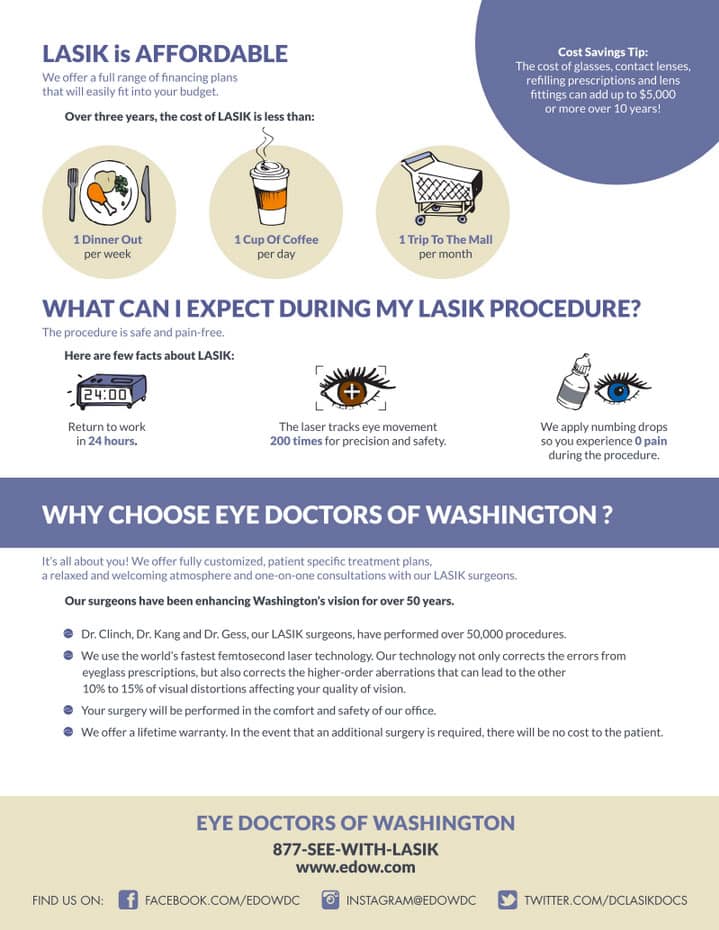Refractive Lens Exchange: A Detailed Introduction For Improved Vision
Refractive Lens Exchange: A Detailed Introduction For Improved Vision
Blog Article
Post By-Edmondson Hemmingsen
If you're over 40 and dealing with vision problems like hyperopia or myopia, Refractive Lens Exchange (RLE) might be worth taking into consideration. This treatment replaces your natural lens with an artificial one, possibly minimizing your dependancy on glasses. While the benefits are appealing, it's critical to comprehend the risks and eligibility needs. What should you understand before making a decision that could change your vision forever? Let's discover this subject even more.
Recognizing Refractive Lens Exchange
Understanding Refractive Lens Exchange (RLE) can be critical for those taking into consideration vision improvement alternatives.
RLE is a procedure that changes your eye's all-natural lens with an artificial intraocular lens. It's primarily targeted at correcting extreme refractive mistakes, such as hyperopia, nearsightedness, or presbyopia.
During the treatment, your specialist will eliminate your gloomy or clear lens and replace it with a lens tailored to your vision needs. This choice is usually taken into consideration for individuals over 40 that may not be suitable prospects for LASIK.
By picking RLE, you're not just enhancing your vision; you're also potentially decreasing your reliance on glasses or get in touch with lenses.
Understanding just how RLE jobs will equip you to make educated decisions concerning your vision wellness.
Benefits and Threats of RLE
Selecting RLE not just uses a chance to enhance your vision yet also comes with its own collection of benefits and threats.
One significant advantage is the potential for more clear vision, reducing or eliminating your dependancy on glasses or get in touch with lenses. You may likewise experience a broader range of vision, specifically if you choose multifocal lenses.
Nonetheless, there are threats involved, such as infection, problems during surgery, or frustration with the results. Some clients experience aesthetic disruptions like halos or glare.
It's vital to weigh these benefits and dangers thoroughly. Consulting with cataract surgery 40 years old can help you make an educated decision that aligns with your vision goals and lifestyle.
Qualification Standard for Refractive Lens Exchange
Before considering Refractive Lens Exchange (RLE), it's essential to determine if you satisfy the qualification criteria. Typically, you're an excellent candidate if you're over 40 years old and have a steady prescription.
You should additionally be experiencing refractive mistakes like myopia, hyperopia, or presbyopia. It is essential to have healthy and balanced eyes without any substantial conditions, such as cataracts or glaucoma.
Furthermore, you must remain in great total health and not have any conditions that might influence healing, like unchecked diabetic issues. If you put on contact lenses, you might need to quit wearing them for some time before your assessment.
Consulting with an eye treatment professional will aid you recognize your specific situation and whether RLE is right for you.
Verdict
To conclude, refractive lens exchange can change your vision and decrease your dependence on glasses or contacts. While it supplies countless benefits, it's critical to understand the dangers and guarantee you meet the eligibility standards. Consulting with an eye care professional will help you make an enlightened choice customized to your requirements. If your domain name considering RLE, make the effort to discover your choices and discuss any worries, leading the way for more clear, more lively sight.
